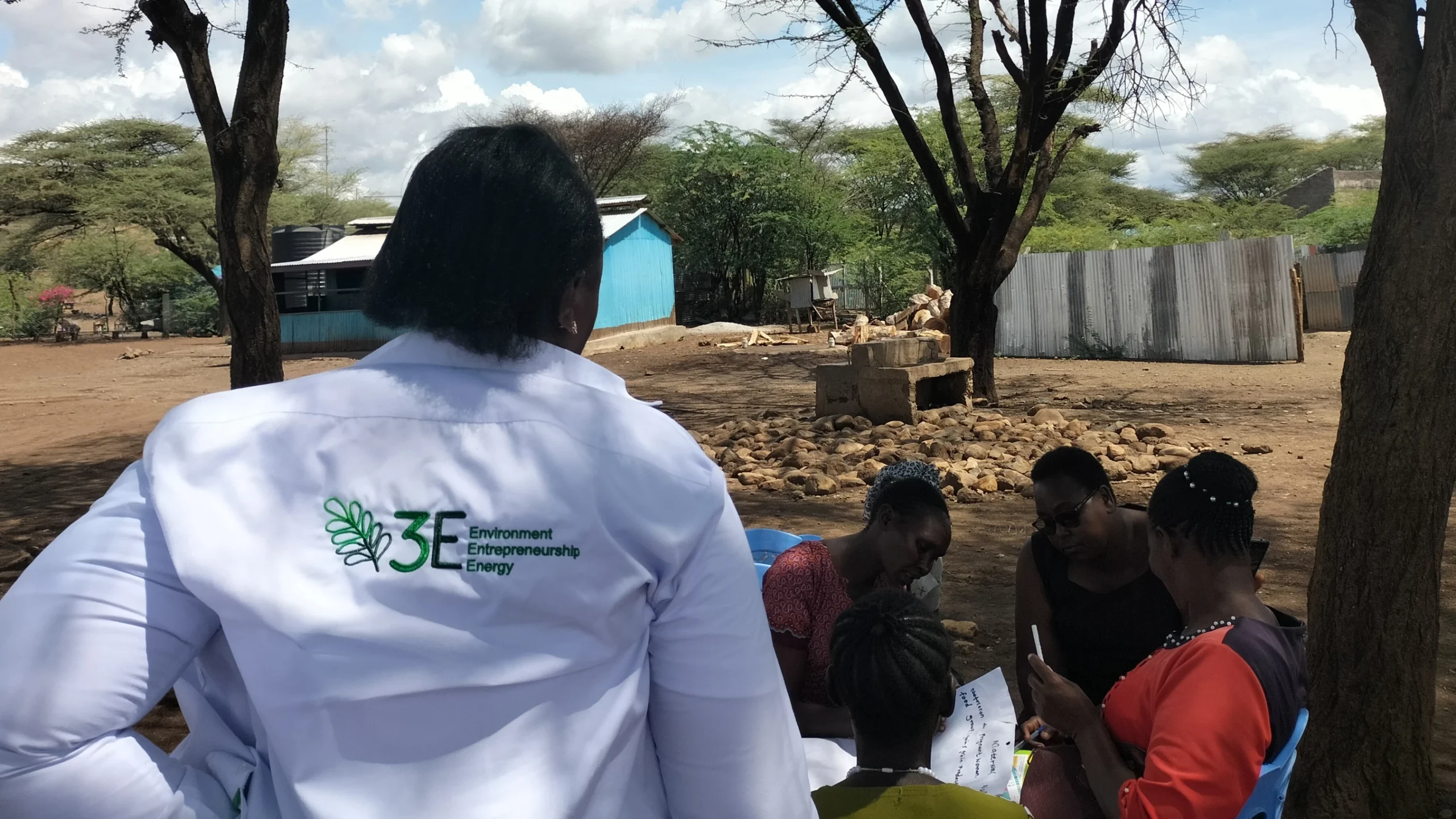In Kenya, a vital initiative is reshaping the way milk is handled and transported, directly affecting the quality that reaches consumers. 3Es, in close collaboration with the Regulatory Authority, the Kenya Dairy Board, and the Ministry of Agriculture, is at the forefront of this transformative movement.
The journey to quality milk starts with healthy cows, but it’s the handling process where many challenges arise. To address this, the Kenya Dairy Board has set out comprehensive guidelines for safe milk handling and stipulated legal requirements for transport and marketing. This proactive approach is crucial in maintaining milk quality from the farm to the consumer’s table.
One of the significant milestones in this journey is the shift away from plastic containers, which have been linked to contamination risks. Dairy transporters were given a firm deadline to adopt recommended, safer containers, highlighting the commitment to milk safety at every step.
3E has been instrumental in implementing these changes in the Molo area. They’ve conducted training sessions for farmers and transporters, focusing on the importance of using proper containers. The training was followed by the distribution of essential equipment, including transportation, storage, and milking cans, to support farmers and transporters in adhering to these new standards. This support notably included Mau Juhudi Dairy, a significant participant in the “Milk Bora” project, underlining the effort to enhance milk quality throughout the production and supply chain.
The distribution event itself was a critical gathering of the dairy sector’s major players. It included the Dairy Board of Kenya and local agricultural authorities. At this event, 200 pieces of 9-litre cans, 15 milking buckets, and 65 larger cans were distributed. This substantial step forward promises to enhance the dairy chain’s efficiency and safety significantly.
The Director of the Kenya Dairy Board, Mrs. Beth Wangari Mbuthia, played a pivotal role in this event. During her speech, she stressed the importance of using recommended containers. She encouraged farmers to adopt these changes, emphasizing that they go beyond mere compliance – they are about upholding the quality and safety of the milk supply.The farmers’ reaction to the distribution of new milk containers was overwhelmingly positive. They recognized the vital role these containers play in improving product quality and safety. Their commitment to supplying Mau Juhudi Dairy is a testament to their willingness to adapt and improve, ensuring a brighter future for the dairy sector in Kenya.
This initiative’s impact goes far beyond the distribution of equipment. It’s a holistic approach to dairy farming that encompasses training, legal compliance, and market connections. This comprehensive strategy aims to uplift the entire dairy industry in Kenya.
This transformational journey in milk handling and transportation heralds a new era for Kenya’s dairy sector. It’s a story of improvement, cooperation, and hope – a vision of a thriving industry that guarantees quality from the cow to the consumer.
Through the combined efforts of various stakeholders and a strong focus on quality and safety, this initiative is poised to secure a brighter future for Kenyan dairy farmers and consumers alike. It exemplifies the power of collaboration and innovation in agriculture.
This project has been made possible through funding from the Regione Autonoma Friuli Venezia Giulia and is implemented by 3E in collaboration with Mani Tese ETS and Necofa.

